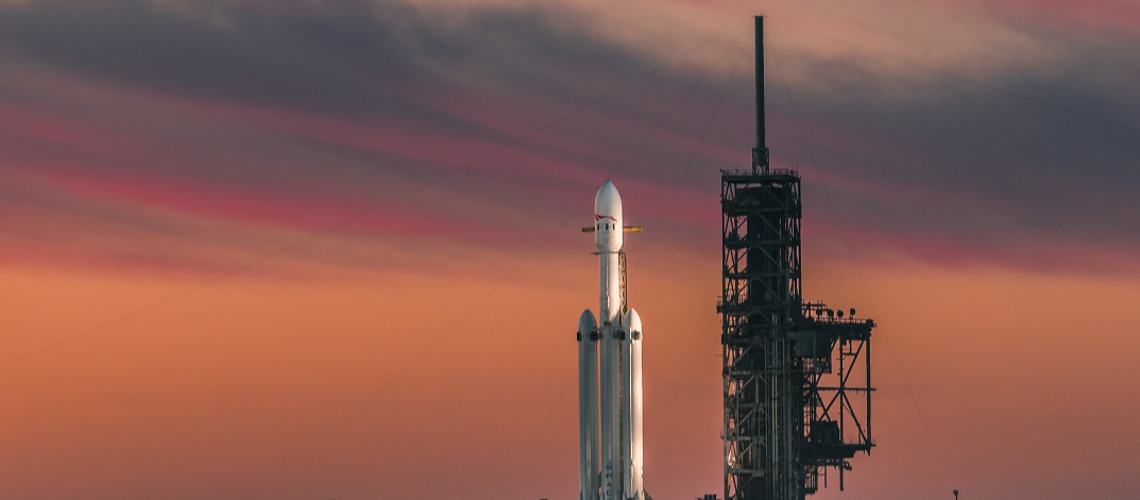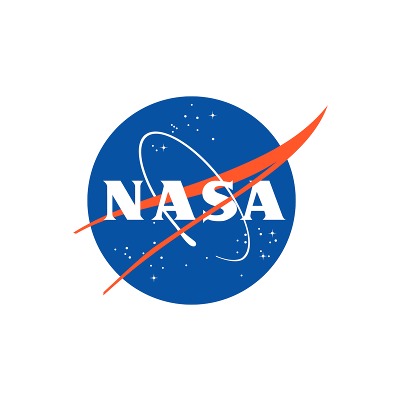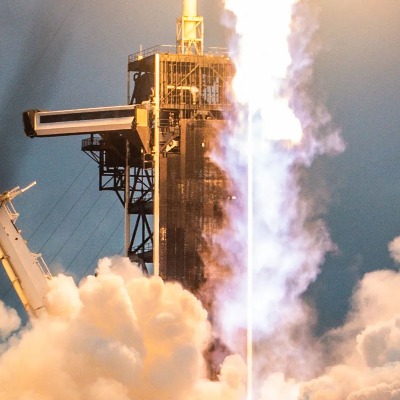Space Age Revamp: US Senate Considers Bills To Streamline Commercial Space Regulations

The American commercial space industry is on the cusp of a potential regulatory overhaul, with two key Senate bills proposing significant changes to how the government oversees private space activities. These bills, the Commercial Standards Paramount to Accelerating Cosmic Exploration (SPACE) Leadership Act and the House-passed Commercial Space Act of 2023, aim to strike a balance between safety and fostering innovation in a rapidly growing industry.
Key Points to Remember:
- Two Senate bills propose significant changes to commercial space regulations.
- The SPACE Leadership Act focuses on streamlining human spaceflight regulations.
- The House-passed Commercial Space Act extends the "learning period" and creates a new mission authorization system.
- The space industry welcomes the potential for reduced regulations.
- Safety advocates express concerns about potential risks.
- The future of these bills and the overall regulatory landscape remain uncertain.
The SPACE Leadership Act, introduced by Senators Krysten Sinema (D-AZ) and Eric Schmitt (R-MO), focuses on streamlining regulations for human spaceflight. It proposes a phased approach, eventually transitioning from current oversight by NASA to a system relying on industry-developed safety standards. This approach, proponents argue, would incentivize private companies to invest in cutting-edge safety measures while reducing bureaucratic hurdles.
The House-passed Commercial Space Act, on the other hand, takes a more measured approach. It extends the current "learning period" for human spaceflight safety regulations by four years, allowing companies to gain more experience before operating independently. Additionally, it establishes a new "mission authorization system" for novel space activities, giving the Office of Space Commerce (OSC) greater oversight over unproven technologies.
A Balancing Act:
While both bills acknowledge the need for robust safety standards, they differ in their approach to balancing safety and fostering innovation. The SPACE Leadership Act emphasizes industry leadership, while the House bill prioritizes continued government oversight.
Industry Cheers Potential for Growth:
The commercial space industry has largely welcomed the proposed reforms. "These bills signal a recognition by Congress of the tremendous potential of the American space industry," said Jeff Bezos, founder of Blue Origin. "By streamlining regulations, we can unlock the full potential of private spaceflight and usher in a new era of exploration."
Safety Concerns Linger:
However, some safety advocates express concerns about the potential risks associated with reduced government oversight. "Safety should always be the top priority," cautioned Peter DeMandel, a former NASA engineer. "We need to ensure that any changes to regulations are carefully considered and prioritize the well-being of astronauts."
The Road Ahead:
The fate of these bills remains uncertain. The SPACE Leadership Act has gained traction in the Senate Commerce Committee but faces opposition from some Democrats. The House-passed bill, meanwhile, awaits consideration by the Senate.
A Pivotal Moment:
The debate surrounding these bills highlights a pivotal moment for the American space industry. As private companies take on a larger role in space exploration, a delicate balance needs to be struck between encouraging innovation and ensuring the safety of human spaceflight. The decisions made in the coming months could shape the trajectory of American space exploration for years to come.




